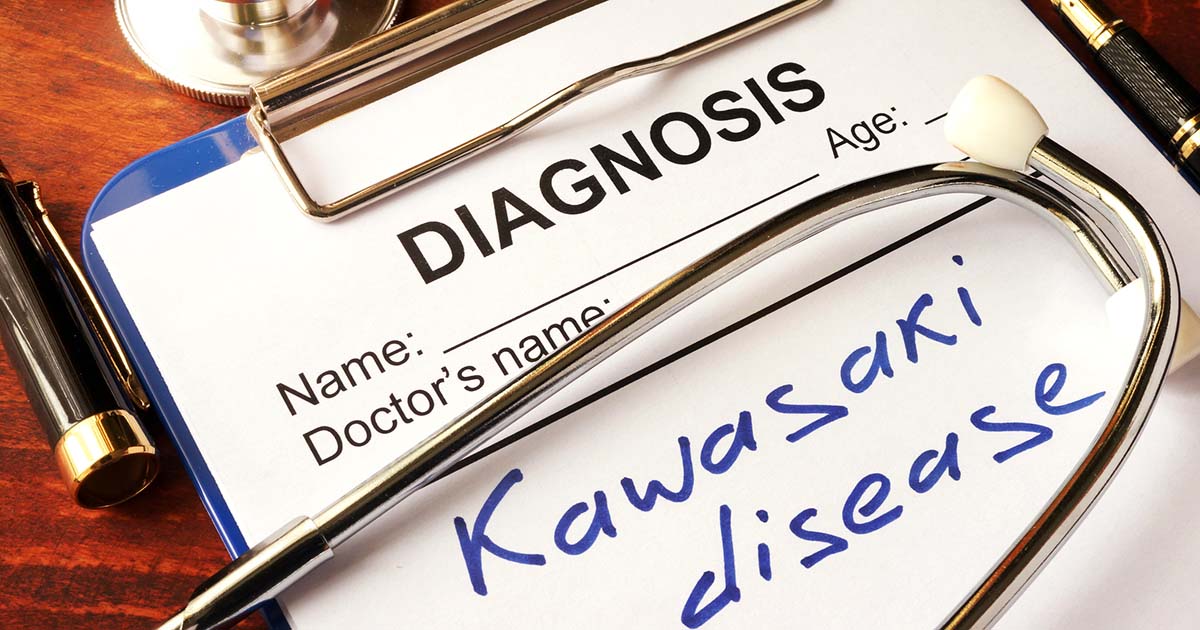Guide To The Causes Of Pyuria
Kawasaki Disease

Kawasaki disease is an inflammation of the walls in the arteries throughout the body, though it typically targets the coronary arteries. It affects primarily the medium-sized arteries in children. The disease is sometimes referred to as mucocutaneous lymph node syndrome because it affects the lymph nodes, skin, and mucous membranes. Symptoms of Kawasaki disease include high fever, peeling skin, rash, irritability, vomiting, diarrhea, as well as pain. Thankfully, this is a treatable disease, and most patients recover without any serious long-term problems. That said, patients may note pyuria as one of the symptoms that affect them when they have Kawasaki disease.